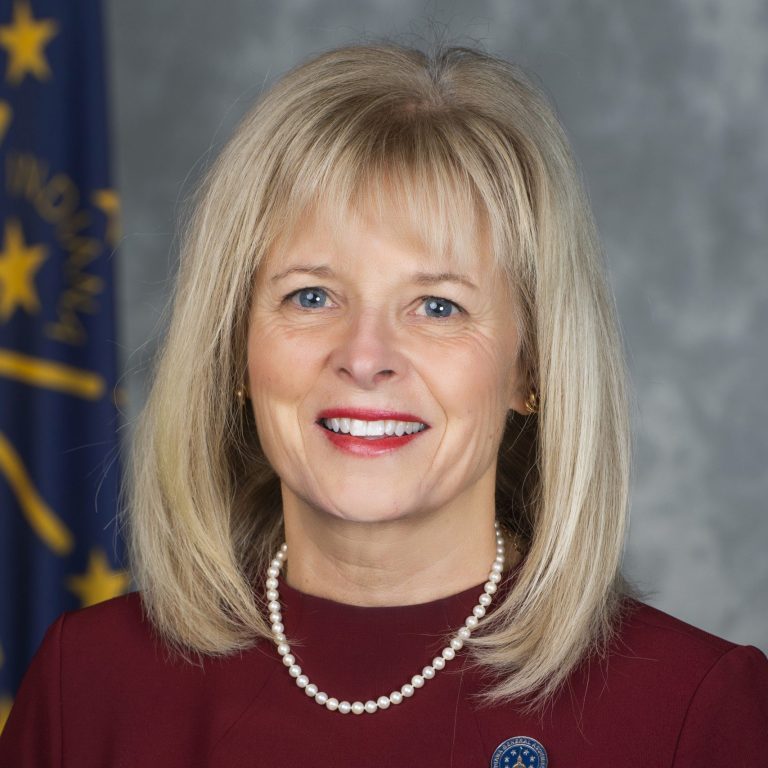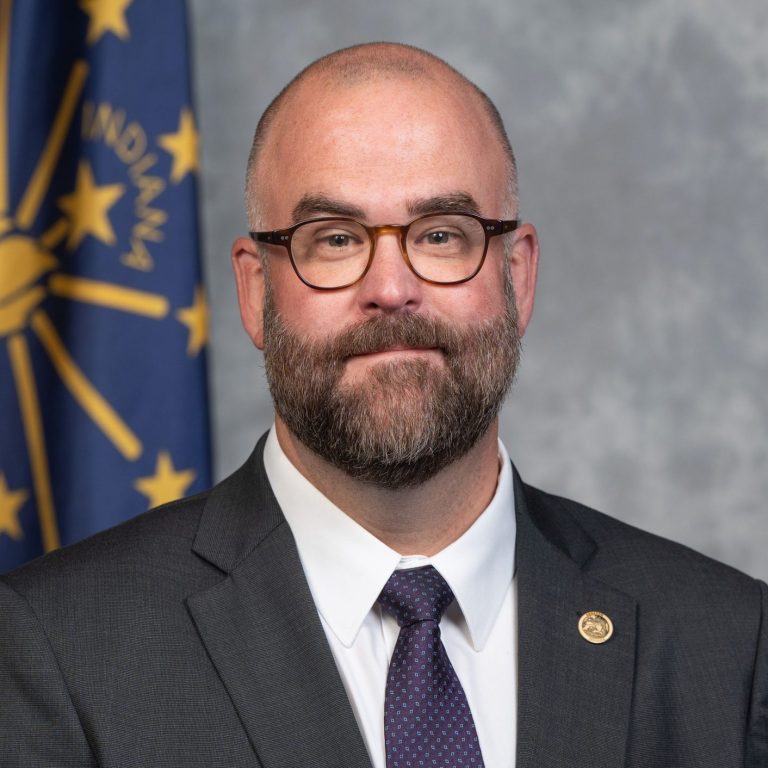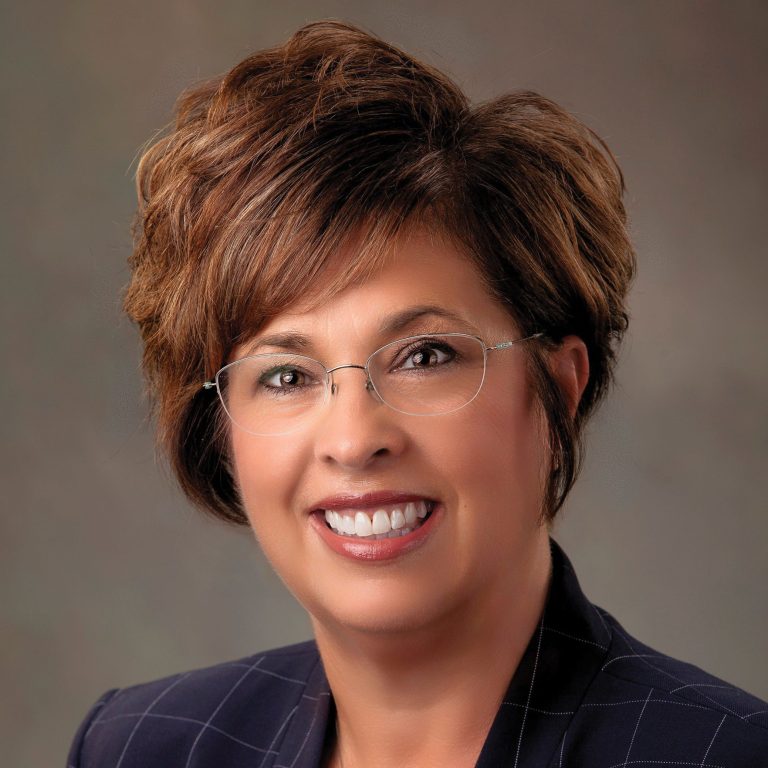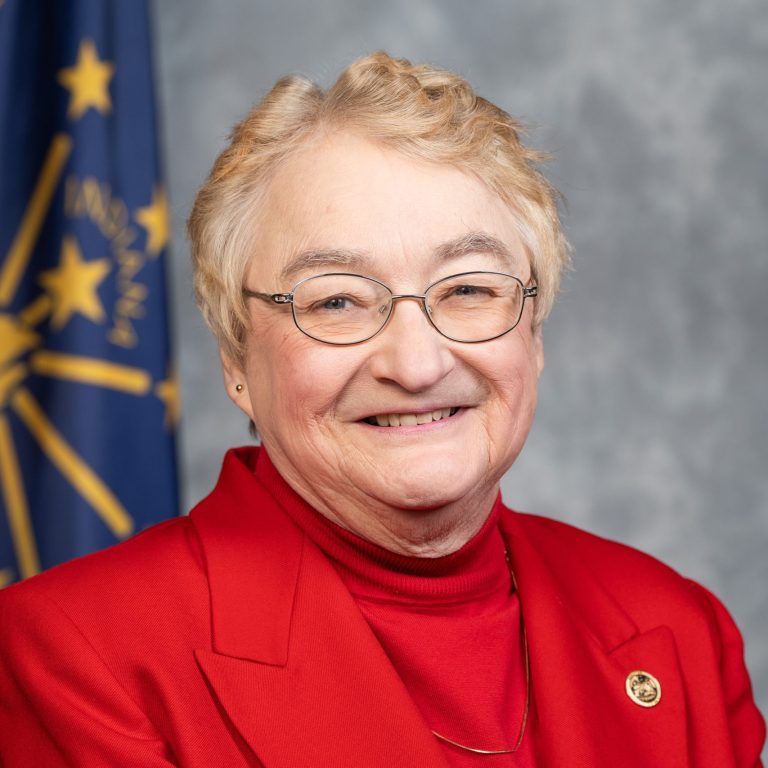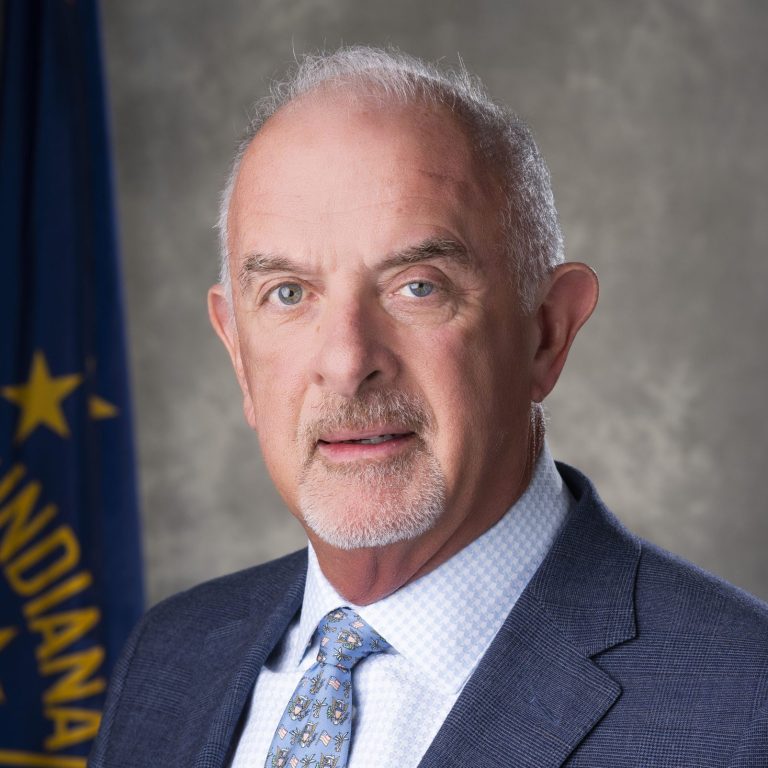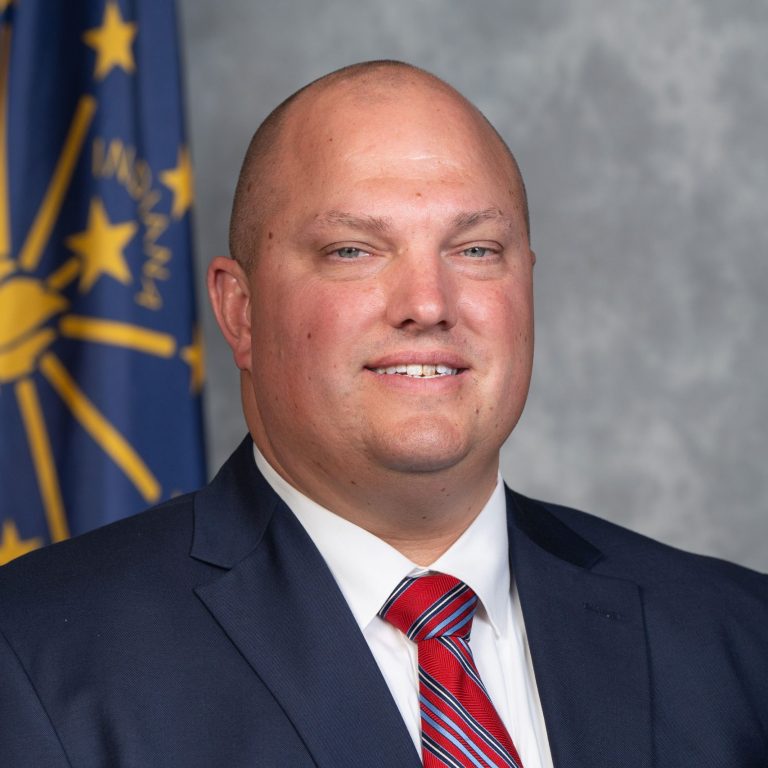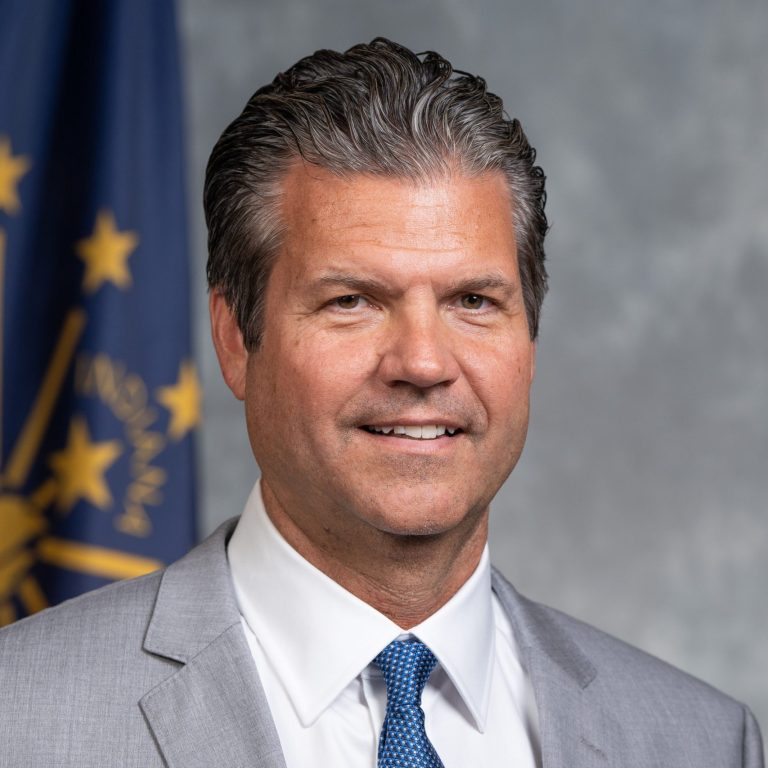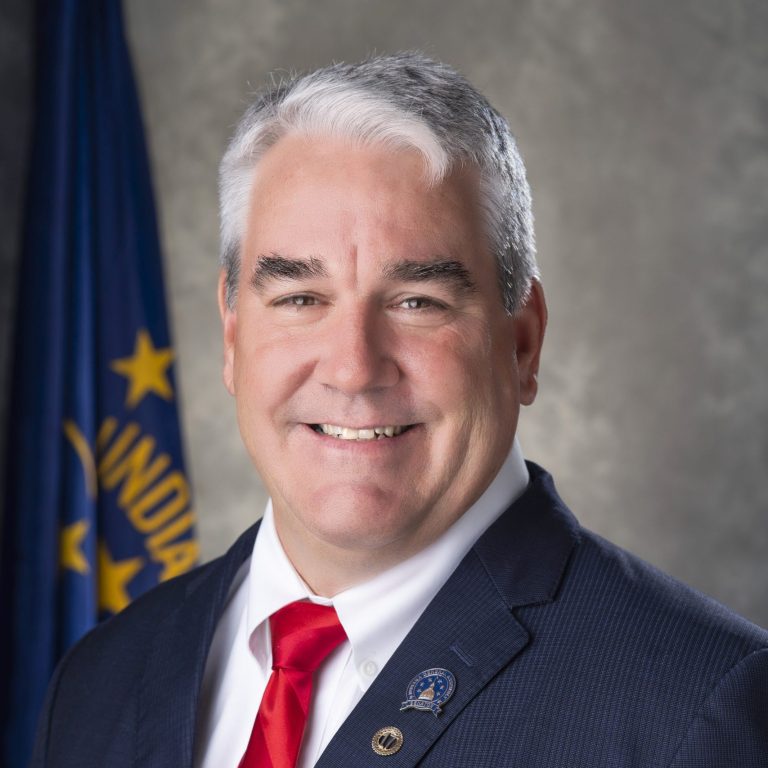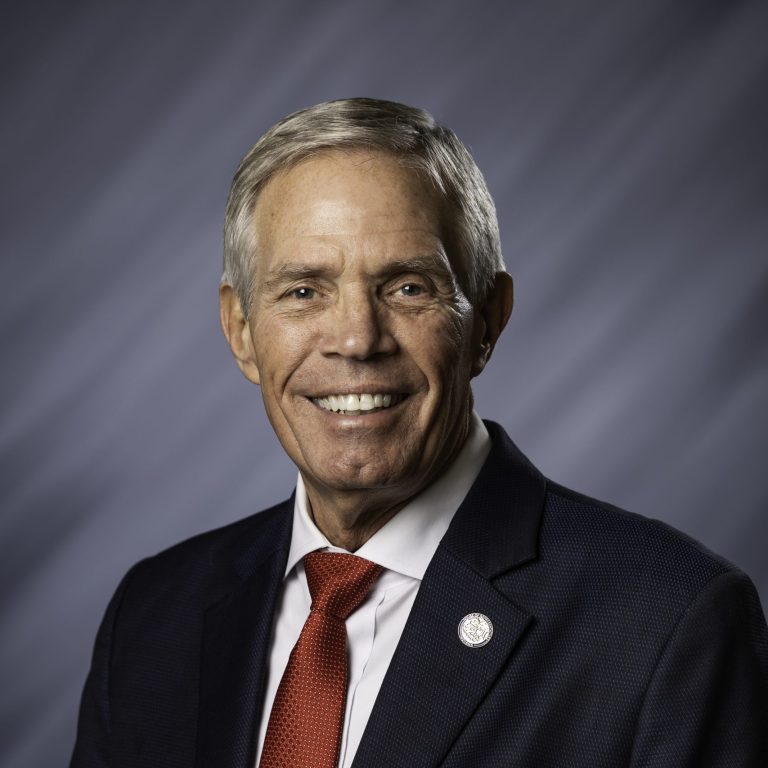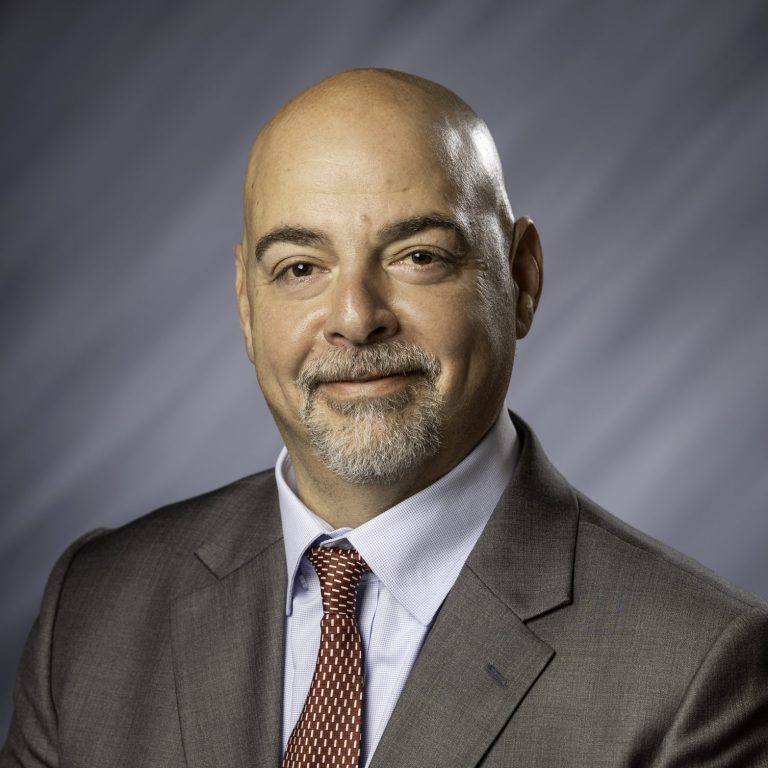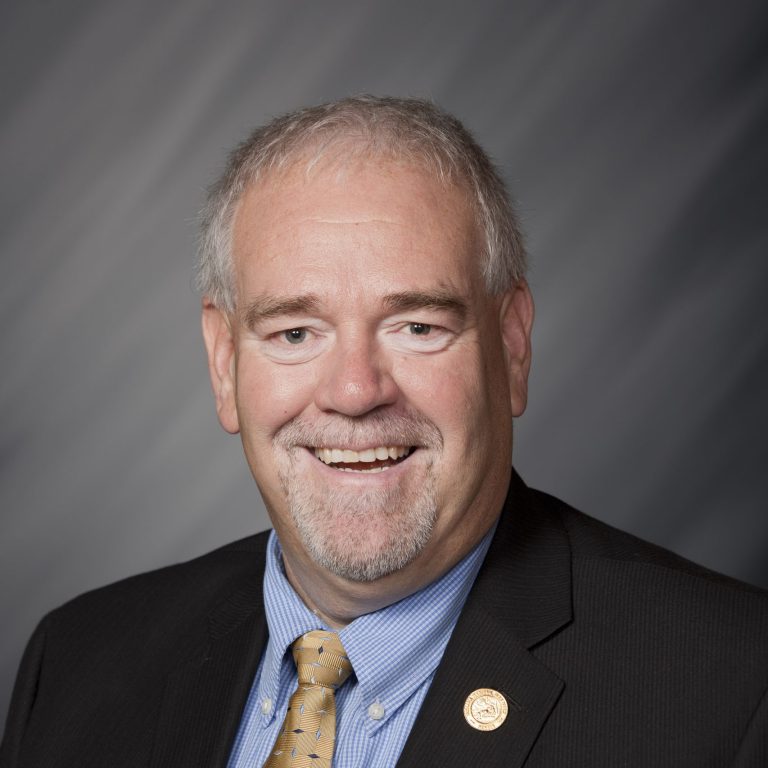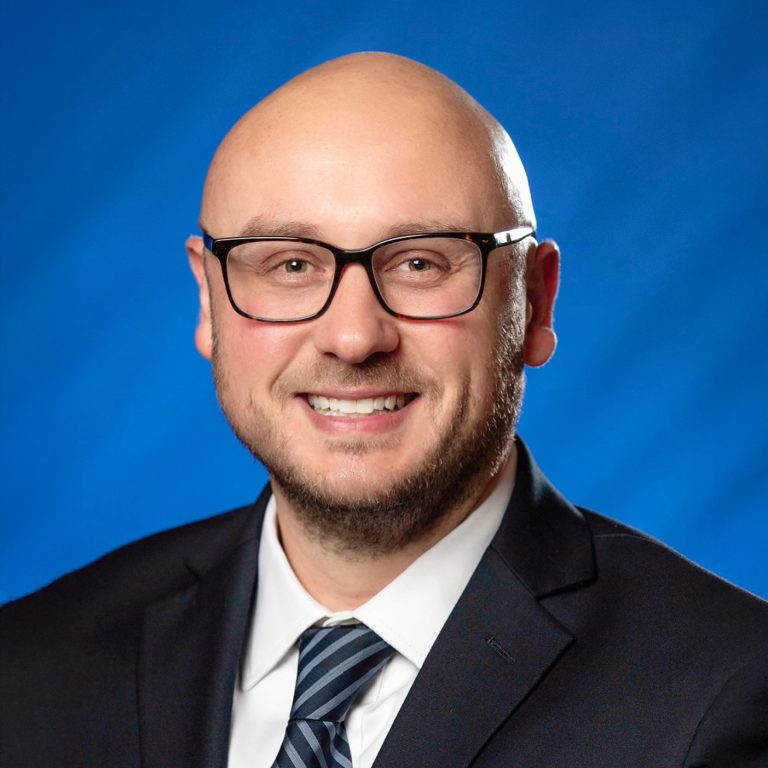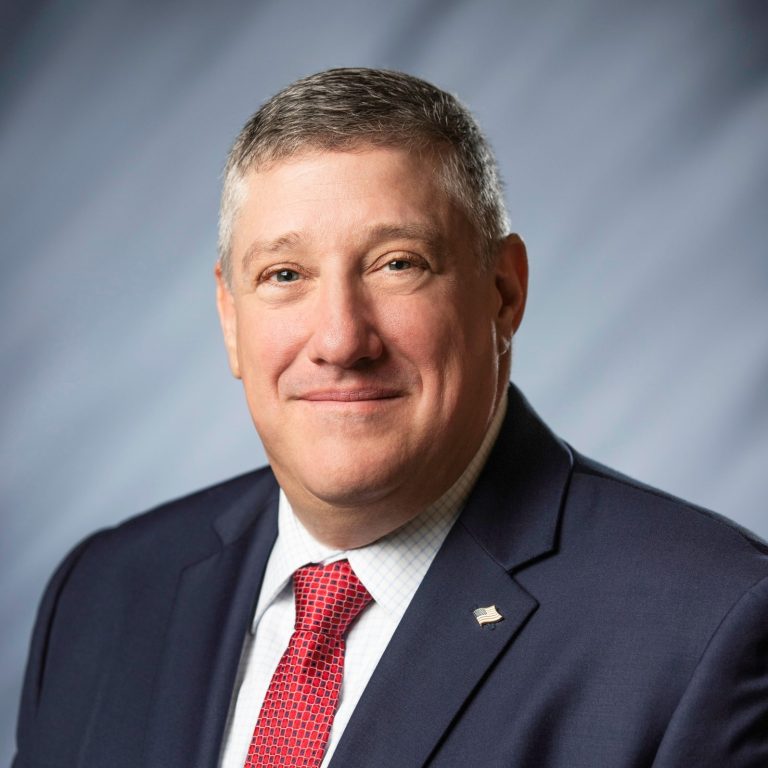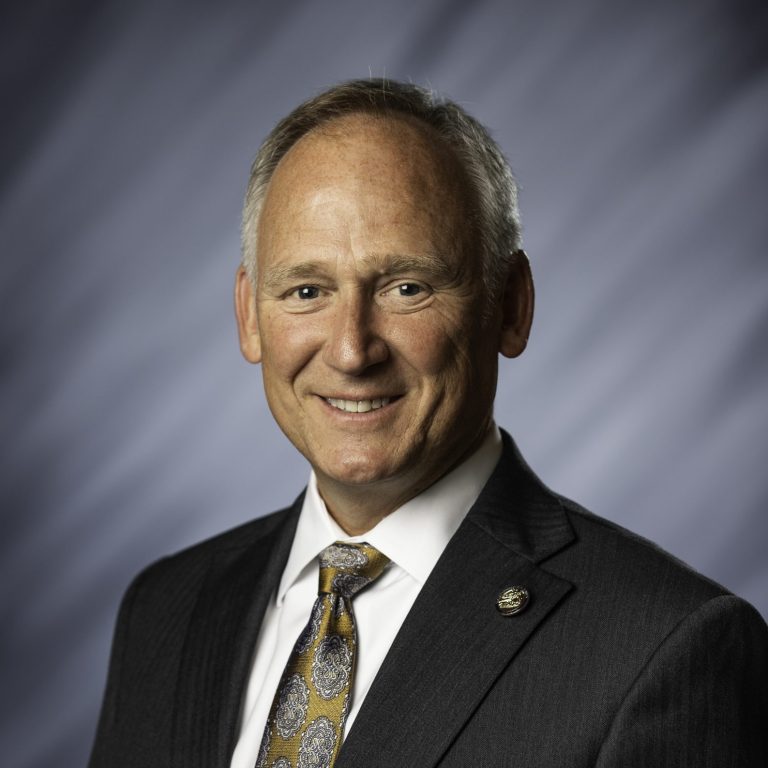District 15

State Elected Officials
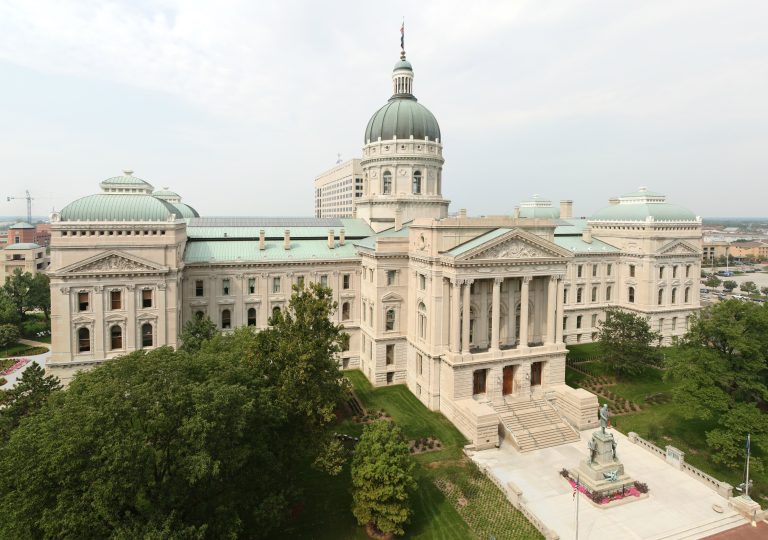
Get to know your
State Elected Officials
During the legislative session, GFW Inc. represents our investors at the statehouse through our registered staff lobbyist. Being at the statehouse allows us to give support to our investors and give timely updates on top legislative issues.
Indiana has a state government that mirrors the federal three-branch system of government. There is an executive branch (Governor), legislative branch (General Assembly), and a judicial branch (Indiana Supreme Court).
Indiana State Governor
The governor is the chief executive of the state. The duties of the office include commander-in-chief of the Indiana National Guard, may recommend legislation to the General Assembly, may veto any bill passed by the General Assembly, may call a special session of the General Assembly, appoint or remove heads of nearly all state departments, and may grant reprieves and pardons to people convicted of state offenses.
The governor serves a four-year term and may serve two consecutive terms but may not serve more than eight years in a 12-year period.
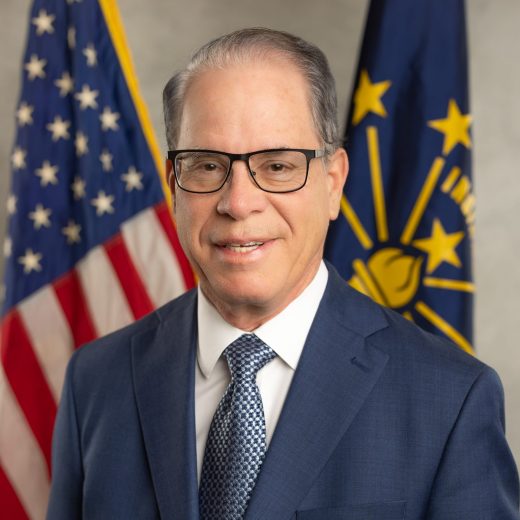
Governor
Mike Braun
Office of the Governor
200 W. Washington St., Rm. 206
Indianapolis, IN 46204
General Assembly
Indiana’s legislative branch is referred to as the General Assembly. The General Assembly is a bicameral legislature that consists of two chambers: the House of Representatives with 100 members and the Senate with 50 members. Representatives serve two-year terms and Senators serve four-year terms. Members of both chambers are elected by voters in their legislative districts.
It is a part-time legislature that meets for several months at the beginning of the year. However, legislators and their staffs work on constituents’ issues year-round. In even-numbered years, the General Assembly meets starting in January and must be completed by March 14. This is considered a short session. During odd-numbered years, the General Assembly meets starting in January and must be completed by April 29. This is considered a long session. Between sessions, the legislators participate in interim study committees to conduct in-depth research and develop legislative proposals on specific issues for the next legislative session.
The power to enact laws and levy taxes is held by the General Assembly. The legislature has several general powers such as creating and abolishing state agencies, constructing the budget, and determining the procedures for state and local elections. Certain legislative powers related to the management of local affairs and the levying of local taxes have been delegated by the General Assembly to units of local government. The powers are restricted only by the U.S. Constitution, federal laws, and the Indiana Constitution.
Northeast Indiana
Legislative Delegation
The Northeast Indiana Delegation plays a pivotal role in shaping policy and advancing the region’s priorities at the state level. Comprising members of the Indiana Senate and the Indiana House of Representatives, the delegation advocates for legislation that fosters economic growth, strengthens our communities, and enhances the quality of life for residents in Northeast Indiana.
Through their leadership and collaboration, these dedicated legislators work to ensure the voices of our region are heard and its unique needs are addressed in the Indiana General Assembly.
Before and during each legislative session, GFW Inc. organizes events that bring together investors and community leaders to engage directly with the Northeast Indiana Delegation. These events provide opportunities to discuss key legislative priorities and receive timely updates on session developments.

